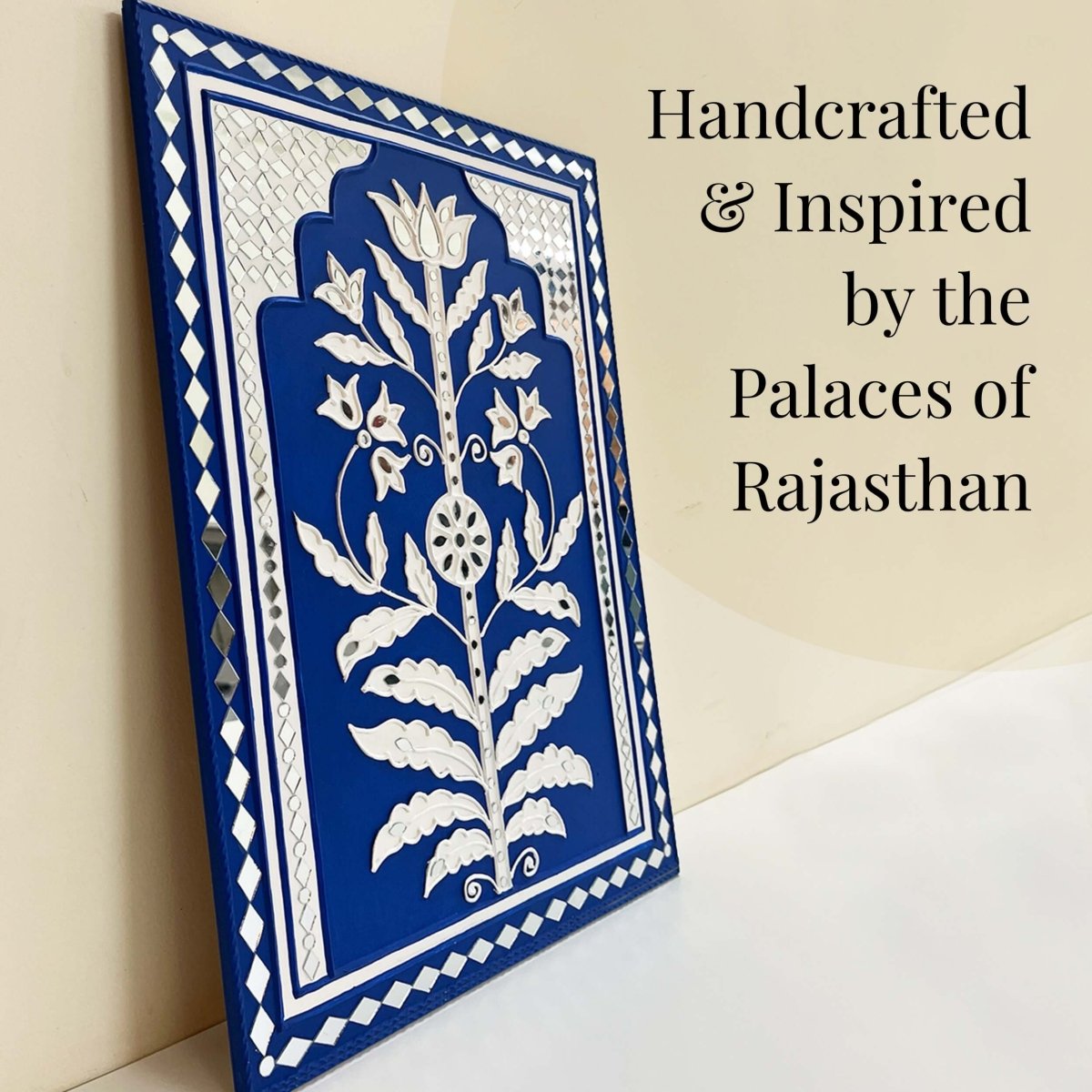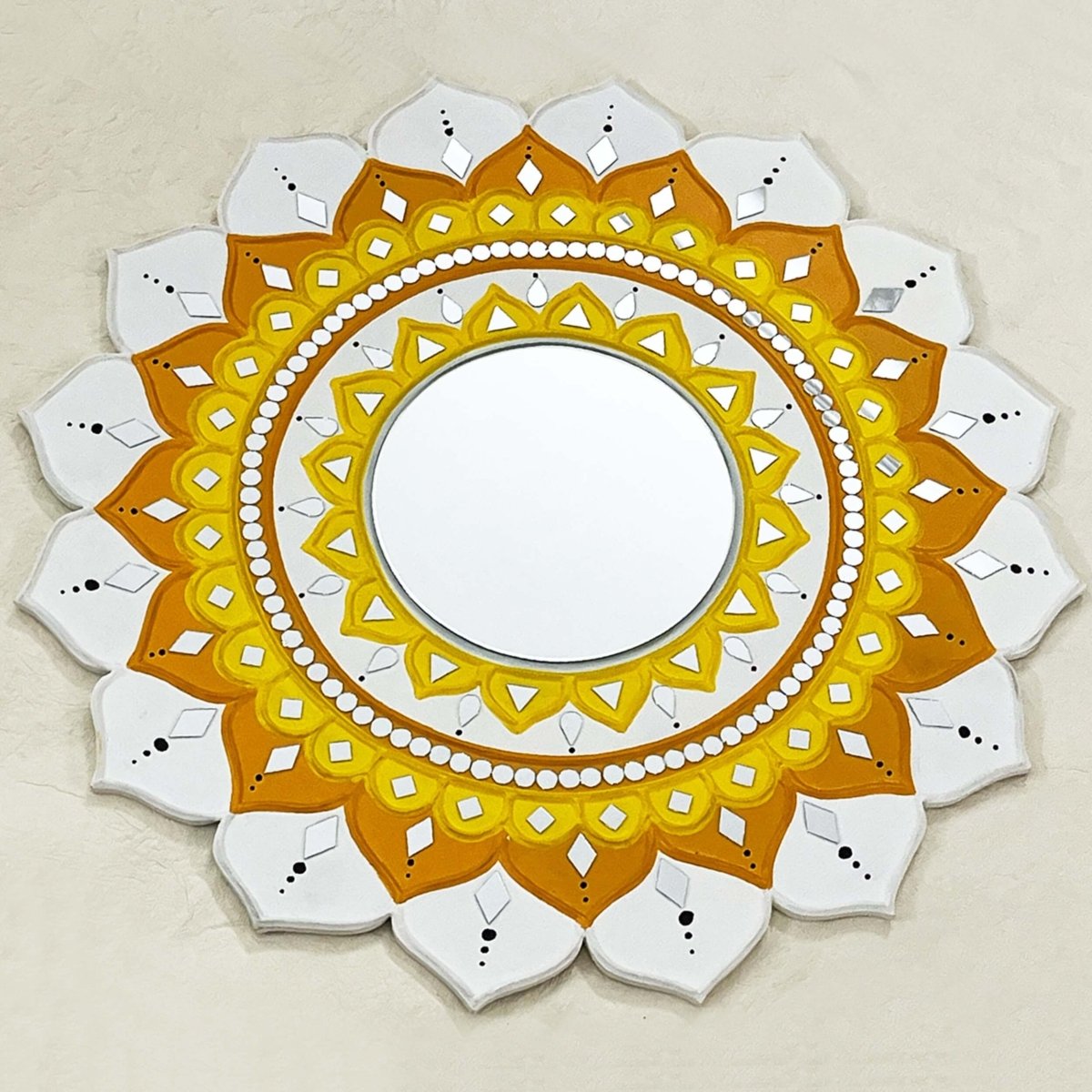Anna Chandy: India’s First Woman Judge
BOOKMARK
The battles have changed. Women today, are demanding much more than just an opportunity. Equal pay, a place at the high table- the boardroom and greater representation at every forum that counts. For many of us, it is hard to imagine how different things were, even a few decades back. But a lesson in history is important, especially when we talk about women like Anna Chandy, the first Indian woman to become a judge not only in India but the entire British Commonwealth. Anna Chandy, like Cornelia Sorabji before her, was a trailblazer. She also has the distinction of being one of the earliest feminists in Kerala.
Born on 4th May 1904 in Trivandrum, the then capital of the Travancore state, Anna belonged to a Syrian Christian family. Her father died soon after her birth and she grew up watching her mother work at a local school to support her and her sister. Anna and her family were lucky to be in Travancore. The matrilineal traditions followed by the dominant Nair community in the state meant that its women were very often masters of their own fate. It helped that even the royal family of the state followed matriarchy. For most of Anna’s growing up years, for instance, the Regent of Travancore and in fact the main Sovereign and power centre, was a woman - Maharani Sethu Lakshmi Bayi (1895-1985).
Anna Chandy was a beneficiary of a wave of reforms that opened up new avenues to women. In 1927, Maharani Sethu Lakshmi Bayi opened admissions for women in the Government Law College, Trivandrum despite strong opposition. Anna enrolled for a post-graduate degree in law and was the first woman in not only Travancore, but entire Kerala to do so.
A meritorious student throughout, she braved the sneers and comments of all her male colleagues and earned her post-graduate degree in Law, with Distinction in 1929. The same year, she was appointed to the Bar and earned considerable fame as a lawyer fighting criminal law cases.
– She braved the sneers and comments of all her male colleagues and earned her post-graduate degree in Law
Anna Chandy was not just a successful lawyer, she often took her activism outside the courtroom as well. A champion of women’s rights, in 1930 she started a publication which she edited, called ‘Shrimati’. This was the first women’s magazine in Malayalam. Along with stories and articles about home management, general health and household industries, it widely discussed women’s freedom and the question of widow remarriage. Through her writing, she also redressed the grievances of the women workers in farms, who were not paid reasonable wages by their landlords.
In 1930, Anna Chandy decided to go into active politics. She decided to stand for elections for the Sree Moolam Popular Assembly (SMPA), which was an elected representative body for Travancore State. But this time, the patriarchy struck back. Her opponents carried out a sustained slander campaign against her. Scandalous slogans and graffiti were written on the walls of Trivandrum, accusing her of having links with the Dewan of the state and other government officials. A common tool used against women time and again, the slander campaign worked and Anna lost the 1931 elections. She later wrote about the unfair campaign tactics in her publication ‘Shrimati’.
– Her opponents carried out a sustained slander campaign against her
But despite this setback, her opponents could do little to stop Anna Chandy’s rising popularity. She was a prominent public figure by now. The following year, she contested the election again, and won the seat in the Assembly, serving from 1932 to 1934.
During her tenure, a fellow legislator Sadasyatilakam T. K. Velu Pillai, a well-known intellectual of Travancore State was opposed to giving government jobs to women.
To counter him, Anna brilliantly used the law and said in the assembly,
‘From the elaborate petition, it is clear that the plaintiff's immediate demand is to ban all efforts by women to gain employment, on the grounds that they are a bunch of creatures created for the domestic pleasures of men, and that their lives outside the hallowed kitchen-temples will harm familial happiness.’
Here she demanded the status of a depressed community for women besides proportional reservation in government jobs. Due to her pressure in the municipal assembly, the non-eligibility of women for becoming members in a department was removed. She was one of the first women to demand women’s reservation.
However, Anna was also very fair and believed in equality. She often fought from different sides. In 1935, she argued against the provisions of law which exempted women from the death penalty. Soon after, she also took up cudgels against the Travancore law which gave power to men to exercise their conjugal rights without the consent of their wife. Way ahead of her time Anna Chandy also fought for the reproductive rights for women. In 1935 in a speech, an excerpt of which can be found in J Devika’s book, Anna argued -
‘Many of our sister-Malayalees have property rights, voting rights, employment and honours, financial independence. But how many have control over their own bodies? How many women have been condemned to depths of feelings of inferiority because of the foolish idea that women’s body is an instrument for pleasure of men?’
A prominent activist and speaker, long before issues on women’s rights were openly discussed, Anna shone in the Travancore of the 1930’s. In 1937, she was appointed the first lady Munsif or the lowest level judicial officer by Sir CP Ramaswami Iyer, the then Dewan or Prime minister of Travancore State. This revolutionary step put a lot of responsibility on the shoulders of Anna and there were snide comments about the capability of women to take ‘logical decisions’.
Later Anna described what she had gone through,
‘I must admit that I was not free from trepidation when I first stepped up to the Bench. However, what was foremost in my mind was a fierce determination to make a success of this experiment. I knew I was a test case… If I faltered or failed, I would not just be damaging my own career, but would be doing a great disservice to the cause of women.’
Her appointment at the lower court, paved the way for Anna Chandy’s appointment as a District Court Judge after India gained independence; in 1948. Following the merger of Travancore and Cochin States with Malabar district to form the state of Kerala in 1956, Anna was appointed as its High Court Judge in 1959, becoming the first woman to hold this position not only in India but also among all the Commonwealth nations.
After an eventful career, she retired in 1967 and later served as a member of the National Law Commission where she was keen on making timely and substantial changes. In 1973, she published her autobiography titled ‘Atmakatha’ and died in 1996, at a ripe old age of 91.
Anna Chandy’s was a life well spent. She paved the way for generations of women, who could shine because she showed the way.









